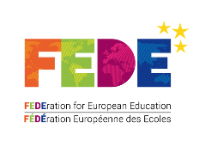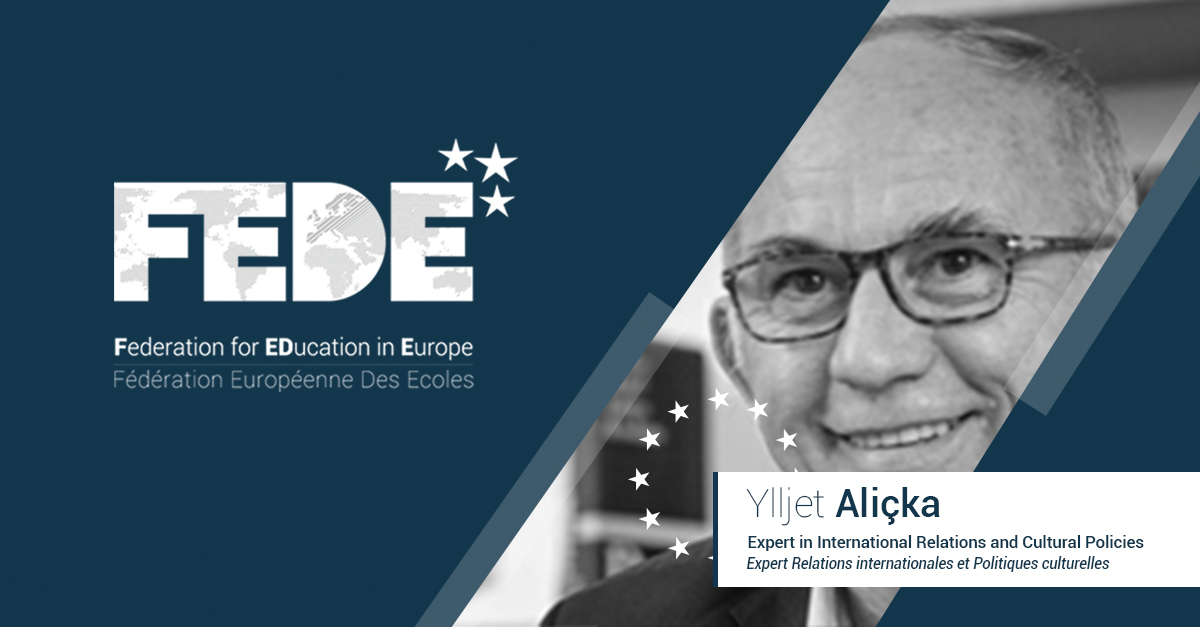FOCUS ON THE LATEST JEAN-MICHEL QUILLARDET NEWS
A member of the scientific committee of the FEDE, Jean-Michel Quillardet, is a barrister at the Paris bar and vice-president of the commission on “Questions of society, and Human Rights Education”. This commission, working under the auspices of the National Consultative Commission of Human Rights, is an independent organisation, working in liaison with the Prime Minister’s office. Jean-Michel shares his news with us.
What are your current publishing plans?
I want to give you a sneak preview and tell you that I have finished a new book entitled “Pour un Humanisme Universel” (“In favour of a universal humanism”) (Editions Dervy). In it, I develop the argument that even if humanism is a notion and a reality that was born in Europe, it has a worldwide expression today.
And with regard to conferences?
Several conferences about Jean Zay, of course: as the President of the “Jean Zay at the Pantheon Association”, which is behind the initiative to install this great personage of the Republic in the Pantheon (Pantheonisation), I will be speaking at Blois on the 12 February 2017, the first town of this important series to take place during Spring of 2017.
Jean Zay was not a run-of-the- mill person, can you speak to us about him?
Jean Zay was a French lawyer and politician born in Orleans on 6 August 1904, and who died, having been assassinated by the milice (the pro-Vichy government armed forces) at Molles on 20 June 1944.
During his life Jean Zay held the posts (among others) of Undersecretary of State to the Presidency of the Council, and Minister of National Education and Fine arts. During the nearly four years in the government of the Popular Front Jean Zay put into place reforms and organisations which not only, established our institutions, but enabled them to still last until today. A little hap-hazardly, Jean Zay instituted, in the name of national education: the three degrees of teaching; the unification of the programmes; the prolonging of obligatory schooling to the age of 14, orientation classes, organised activities, interdisciplinary teaching, recognition of apprenticeships, sport in schools, university welfare offices, Centres of Youth and Culture (MJC’s), and also, in connection with the fine arts: the National Centre for Scientific Research (CNRS), the National Museum of Arts and Popular Traditions, the Museum of Modern Art, the Union of French Opera Houses and finally, the Festival of Cannes.
You are known to be someone involved in the life of the republic.
Yes, I was asked to be interviewed by a Presidential candidate of the Republic (on the subject of secularism) as well as being asked to respond to questions of identity by the European Parliament.

